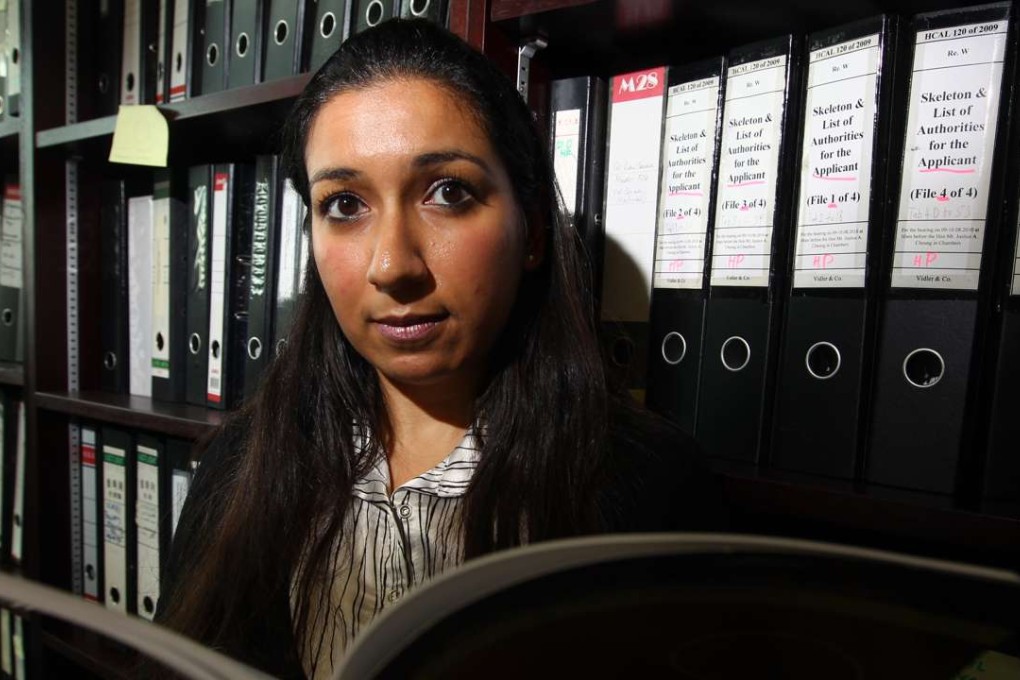‘Cursory’ contracts leave Hong Kong’s foreign domestic helpers open to abuse
Legal expert condemns failure to stipulate minimum working hours and extent of duties

Domestic helpers in Hong Kong continue to be at risk of abuse from their employers because their “cursory” employment contracts offer limited protection leaving them open to exploitation, a legal expert says.
Migrant worker welfare groups have long called for better job safety guidelines for the city’s 320,000 foreign domestic helpers.
But these calls have seemingly been met with resistance by the Hong Kong government. This month lawmakers asked to delay a ban proposed by the Philippine consulate on domestic helpers cleaning external windows, after several fell from window ledges, sometimes fatally.

Puja Kapai, director of the Centre for Comparative and Public Law and associate law professor at the University of Hong Kong, said the employment contract still failed to stipulate maximum working hours and the extent of a helper’s duties.
A report by Amnesty International in 2013 found that domestic helpers worked an average of 17 hours per day, but some were “on call” 24 hours a day because of the compulsory live-in rule.
Kapai described the contract as “cursory” and said it offered limited protection for the employee.